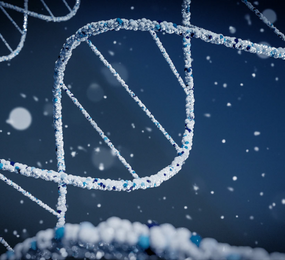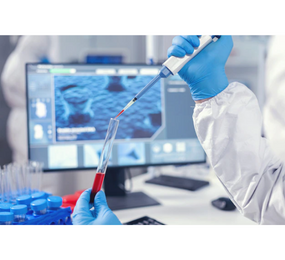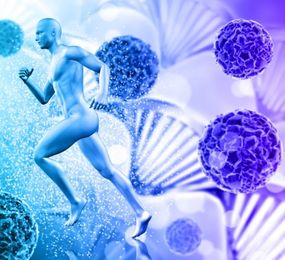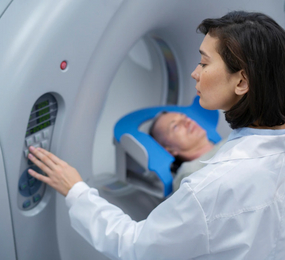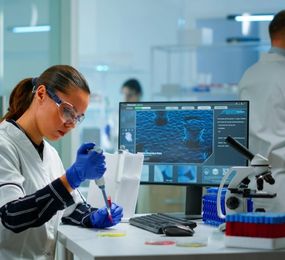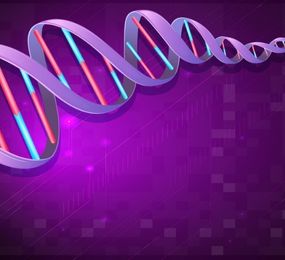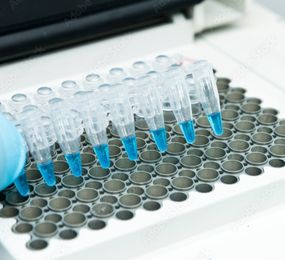The downstream processing of biologics, which involves the purification and isolation of complex molecules like monoclonal antibodies and recombinant proteins, has seen significant advancements in recent years. These emerging technologies are transforming the efficiency and scalability of biopharmaceutical manufacturing.
One notable technology is continuous chromatography, a departure from traditional batch-based purification. Continuous chromatography systems allow for real-time monitoring and adjustment, reducing processing time and improving yield. This innovation is particularly valuable in the biologics industry, where product quality and yield are critical.
Membrane chromatography is another promising development. This method replaces traditional column chromatography with membranes that offer high binding capacity, rapid processing, and reduced resin and buffer consumption.
Moreover, the use of single-use and disposable systems in downstream processing has gained traction. These systems minimize the risk of cross-contamination and simplify the cleaning and validation process, resulting in time and cost savings.
Microfluidics and nanotechnology are also contributing to downstream processing improvements. These technologies enable precise control over bioprocess conditions, making them valuable for the purification of delicate biologics.
Emerging technologies in downstream processing are revolutionizing the biopharmaceutical industry. These innovations enhance product quality, reduce production costs, and increase the scalability of biologics manufacturing. As the industry continues to embrace these advancements, patients can expect to see a broader range of high-quality biologics and therapies become more accessible.
To register or learn more about the Forum please check here: https://bit.ly/4aVXy5n,
For more information and group participation, contact us: [email protected]


